As part of theCommon market organisation (OCM) for fruit and vegetables in Emilia-Romagna, a project was started in January this year research and development project essential. This ambitious project aims to investigate the influence of water management on the syndrome Kiwi die-off, a challenge that is testing farmers and researchers in the sector.
Project objectives
The heart of the project is represented by search for the best solutions for the use of water resources and nutritional in relation to the phenological needs of the kiwi culture, also known as kiwi.
The goal is improve the sustainability of agroecosystems and face the problem with determinationemergency linked to this syndrome, which puts Italian kiwi production at risk.
Kiwi dieback syndrome
There syndrome of Kiwi die-off it's a “mysterious” phenomenon which affected kiwi crops, particularly in Italy. This disorder manifests itself withwilting of the leaves, a drastic or total drop in production and, in some cases, it can lead to the death of the plant. One particularly worrying aspect is that i symptoms they start to appear during peak summer heat, which in recent years have become increasingly intense, putting further farmers in difficulty.
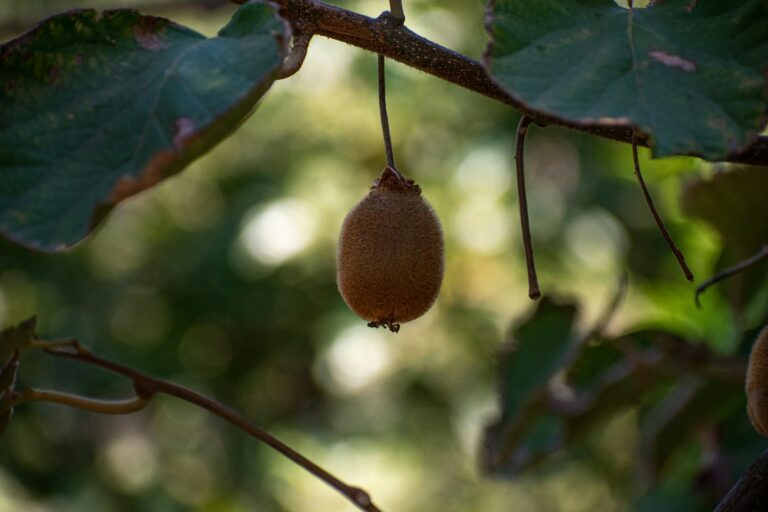
Multidisciplinary collaboration
To address this challenge, theAssociation of Producer Organizations ELLE ESSE AOP, has implemented a research project involving several key partners. Among these, the Department of Biology of the University of Naples Federico II, which deals with evaluating the health status of plants through experimental tests in the field and in the laboratory.
Likewise, the Department of Agriculture of the Mediterranean University of Reggio Calabria provides scientific and practical support forexecution of the experimental treatments and to evaluate the productive response of crops subject to experimentation.
Our role: Evaluation Center and TETHYS
A fundamental aspect of the project is theintegration of advanced technologies, including thesatellite observation, For monitor the status of crops. In this context, we at Centrale Evaluative and our application TETHYS we play a crucial role.
Our technology evaluates the variation in the health status of plants, analyzing a wide range of vegetation indices and biophysicists calculated from satellite images. Our approach offers a complete overview of vegetative activities, of theevapotranspiration he was born in irrigation needs of crops, allowing an overview and spatial detail of agricultural field conditions.
This is of utmost importance as we provide timely information that they can anticipate direct observation and improve the resource management.

Focus on irrigation
One of the aspects on which the project places particular attention is the irrigation practice. It is believed that a accurate calendar management and of irrigation flow rate is crucial to counteract the onset of kiwi die-off syndrome. Proper water supply is essential to ensure that the plants receive the amount of necessary humidity to withstand peaks of summer heat.
A step forward in kiwi research
The Kiwi die-off project represents an important step forward in agricultural research and in theinnovation. Theremultidisciplinary approach and the integration of advanced technologies, such as satellite observation, promise to improve understanding of kiwi plant physiology and of fprovide effective responses for agricultural companies, both in the short and long term. Furthermore, thespecific attention to irrigation it is fundamental for the sustainability of crops.
This project demonstrates how collaboration between academic institutions, producer organizations and cutting-edge technologies can open new avenues to address the contemporary agricultural challenges and preserve the health of kiwi crops. The hope is that this research will lead to concrete solutions for farmers and contribute to the protection of this precious food resource.

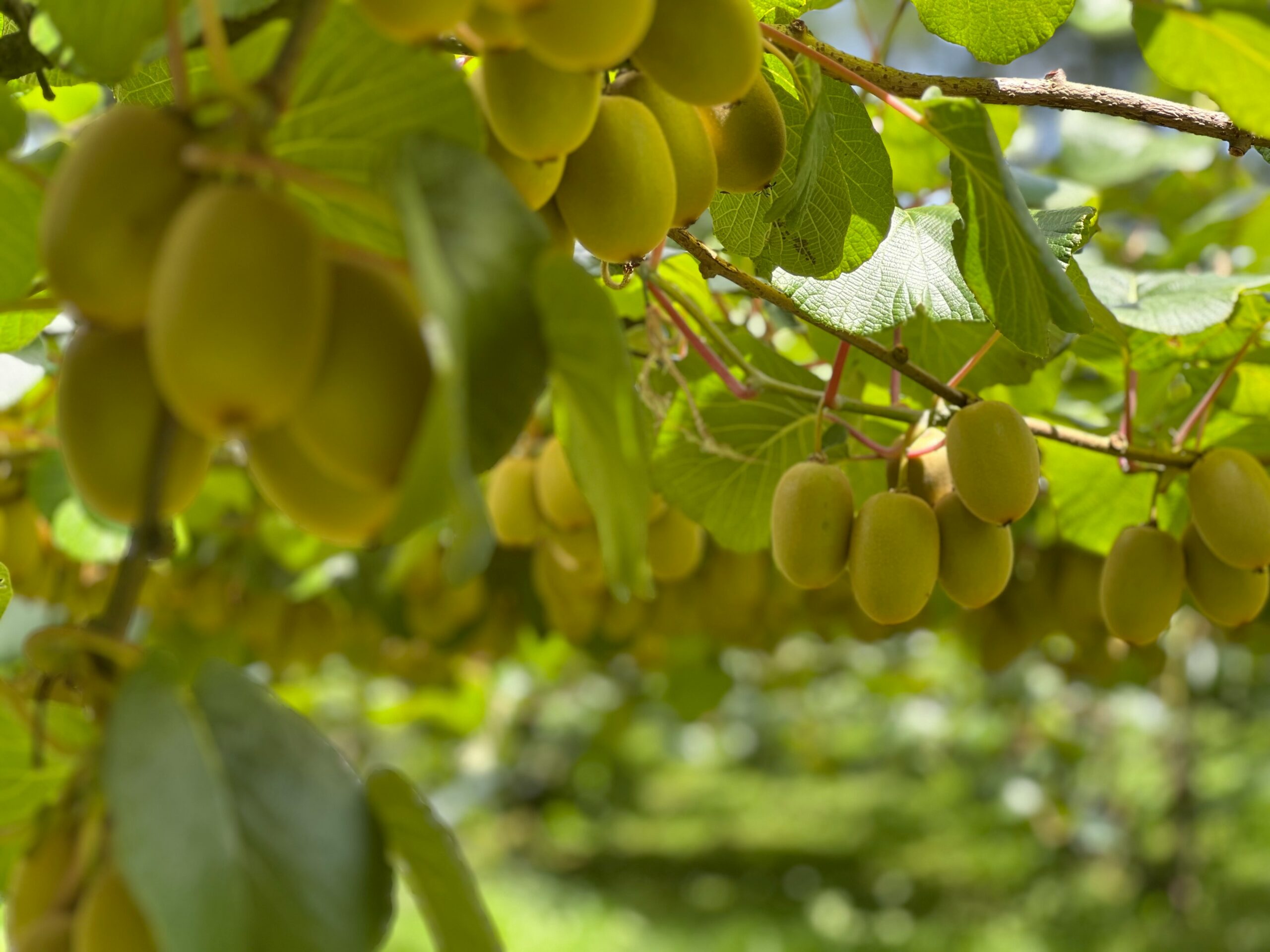

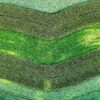
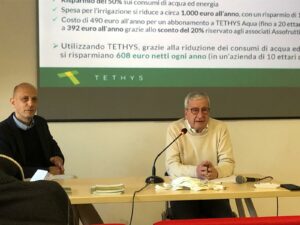
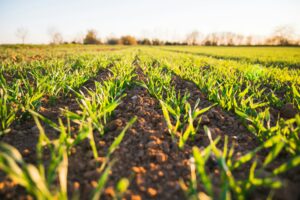
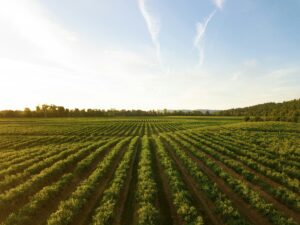
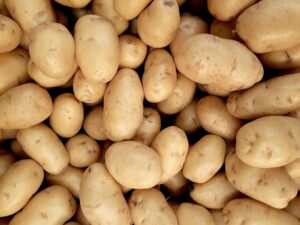
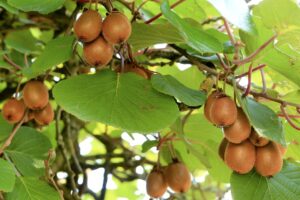

Leave a reply